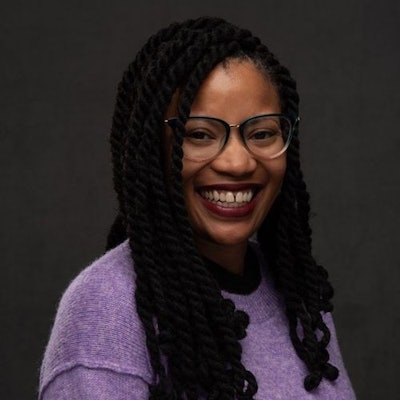Building culturally validating and affirming relationships between teachers and students requires plenty of understanding, engagement, changes in behavior, and introspection, according to a webinar held Tuesday by the Equity Assistance Center-South. Victoria McCall
Victoria McCall
The webinar gave a platform to Victoria McCall, director of eLearning at The Center for Black Educator Development, to provide ample advice and instruction on how educators can better forge strong and positive relationships with the people they serve.
Foundational to these relationships is trust, which may not be freely and equally given by different communities due to historical oppression, leading some to view educational institutions as part of the state, McCall said.
“Those from oppressed communities see educational institutions, school buildings, district centers, as either representative of an oppressive government or as oppressive forces themselves,” she said. “And therefore, what happens is, we have to come to understand that trust-building has to be an intentional, well-thought out, practiced, and research behavior.”
She presented her audience with four strategies on how to build quality relationships in classrooms and workplaces. The first, she said, was to understand that there are cultural differences between people and to accommodate for those differences.
McCall explained that different people may be familiar with different “cultural archetypes,” such as collectivism and individualism.
“If a person's cultural practices are in conflict with the classroom or the workplace, they're the ones who must make the adjustments between home, school, and work,” McCall said. “Therefore, those who come from a more collectivist cultural framework are left to figure out how to accommodate those spaces. And it should not be left to them.




















